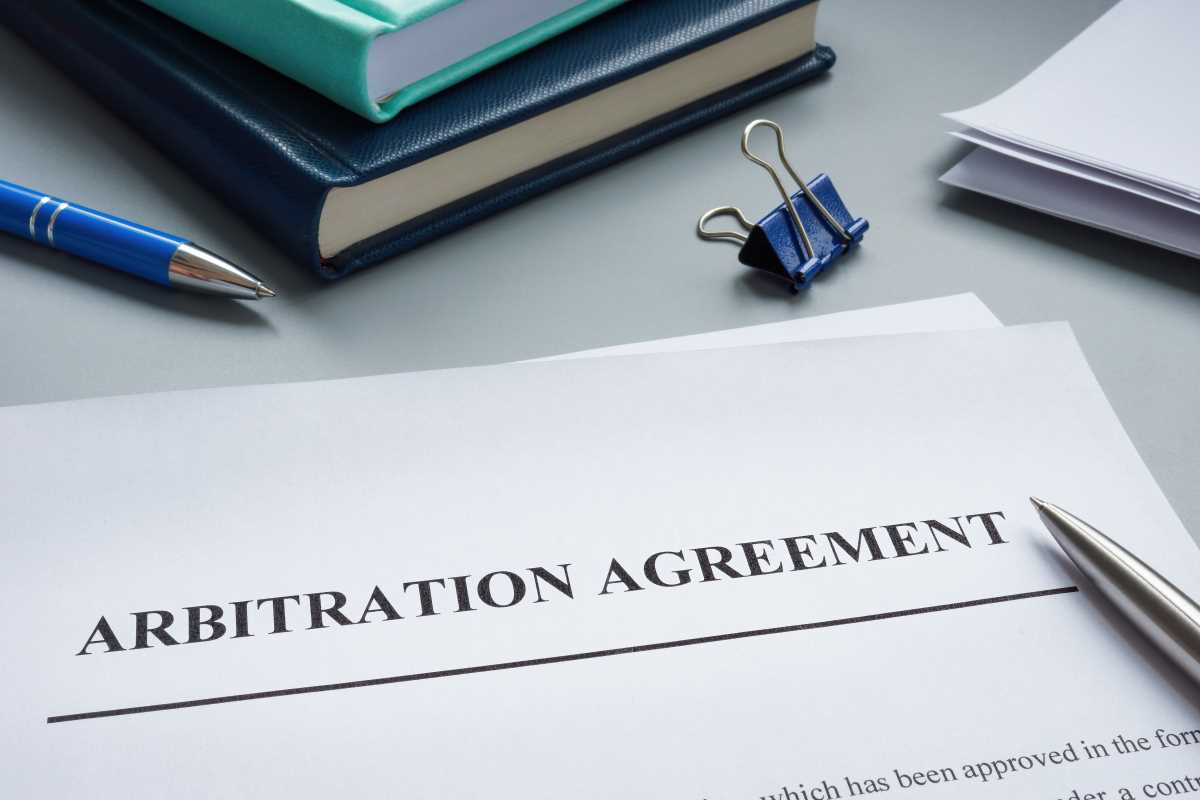Divorce is an emotionally charged period in anyone’s life, often leaving individuals grappling with various legal, financial, and personal decisions. Mediation is increasingly becoming a popular option for divorcing couples to settle their differences, as it is typically more affordable, faster, and less combative than litigation. But how do you ensure the process works in your favor?
This guide will walk you through the essentials of successful divorce mediation. Whether you’re navigating custody arrangements, dividing assets, or simply trying to move forward amicably, mediation offers a constructive and collaborative path. The goal? To help you achieve resolutions that benefit both parties while minimizing conflict and stress.
If mediation is on your horizon, keep reading to learn practical advice that empowers you to approach the process with confidence and clarity.
What Is Divorce Mediation?
Divorce mediation is an alternative dispute resolution process in which a neutral third party, known as a mediator, facilitates discussions between divorcing spouses. Unlike a courtroom setting, mediation provides a more relaxed atmosphere for open communication and collaborative decision-making.
The mediator does not take sides or make decisions for you. Instead, their role is to guide the conversation, ensure both voices are heard, and help you arrive at fair and mutually agreeable solutions. Common topics discussed in mediation include child custody, spousal support, division of property, and debt responsibilities.
The key advantage of mediation is control. Instead of a judge making decisions for you, you and your spouse retain the power to craft agreements tailored to your specific situation. This often leads to outcomes that feel more equitable and less adversarial.
It’s important to note that mediation works best when both parties are committed to resolving issues constructively. If there is a significant imbalance of power or a history of abuse, mediation may not be the appropriate route.
Preparing for Divorce Mediation
Preparation is critical to ensure a productive mediation session. Walking into the process unprepared can leave you feeling overwhelmed or at a disadvantage. Here’s how to lay a solid foundation before sitting at the mediation table.
1. Understand Your Goals
Determine your priorities ahead of time. Are you focused on securing shared custody? Are there specific assets you’re unwilling to part with? Knowing your goals will help you stay focused and negotiate effectively.
2. Gather Financial Documents
Transparency is key in mediation. Ensure you have all relevant financial records, such as bank statements, tax returns, credit card statements, retirement accounts, and mortgage details. A full picture of your financial situation ensures fair discussions.
3. Set Realistic Expectations
Mediation is about compromise. Understand that you may not get everything you want, and focus on finding solutions that meet both your needs and your spouse’s.
4. Consult with a Lawyer
Although your mediator can guide discussions, they cannot provide legal advice. Speaking with a lawyer before mediation can help you understand your rights and ensure you’re making informed decisions.
5. Practice Communication
Mediation requires respectful and effective communication. Enter the process prepared to express your thoughts clearly and listen to your spouse’s concerns, even if emotions run high.
Tips for Communicating Effectively During Mediation
The emotional weight of divorce can make communication challenging, but fostering constructive dialogue is crucial for mediation success.
Stay Calm and Professional
Divorce is personal, but mediation should remain professional. Avoid yelling, arguing, or bringing up past grievances. Approach conversations with a focus on finding solutions instead of assigning blame.
Use “I” Statements
When discussing sensitive topics, frame your concerns with “I” statements. For example, say, “I feel more comfortable with a shared custody schedule” instead of “You never make time for the kids.” This minimizes defensiveness and keeps the conversation collaborative.
Be Specific
Ambiguity can lead to misunderstandings. Be as specific as possible when discussing what you want. For instance, instead of saying, “I want a fair division of assets,” specify which assets you are most concerned about.
Decide When to Compromise
Pick your battles wisely. Determine what issues you’re willing to compromise on and where you need to stand firm. This helps prevent the process from stalling over minor disagreements.
Take Breaks if Needed
If emotions become overwhelming, don’t hesitate to request a pause. Stepping away momentarily can help you regain focus and approach the conversation with a clearer mind.
How to Approach Child Custody Discussions
For divorcing parents, few topics provoke stronger emotions than child custody arrangements. Mediation provides a space for parents to work together to prioritize their child’s well-being.
Begin by understanding that the mediator’s goal in custody discussions is to help you focus on the best interests of your child. Keep these tips in mind to guide you through the process:
- Put Your Child First: Consider your child’s needs above your own. What will provide the most stability and support for them?
- Be Flexible: Work toward an arrangement that accommodates both parents’ schedules while ensuring ample time for the child to build strong relationships with both caregivers.
- Create a Detailed Plan: Address schedules, holidays, transportation, and any scenarios involving relocations. The more detailed your custody plan, the fewer potential conflicts down the road.
Finalizing Agreements
Once mediation discussions conclude, the agreements you and your spouse make will be drafted into a settlement document. This document is legally binding once signed and, in most cases, will need to be approved by a judge to finalize your divorce.
Before signing, it’s wise to have your agreements reviewed by an attorney to ensure everything is accurate and addresses your needs. Once approved, you’ll have a clear roadmap for moving forward post-divorce.
Mediation may not erase the difficulties of divorce, but it provides an opportunity to transition with dignity, fairness, and control over your family’s future. By preparing thoughtfully, communicating effectively, and keeping the focus on resolution, you can emerge from the process with clarity and confidence.
Are you ready to take the next step? Remember, you don’t have to face this alone. Seeking professional support, whether through legal advisors or counselors, can help you make the best decisions for yourself and your family as you move forward.
Empower yourself with knowledge, and don’t hesitate to explore resources that can guide you through every stage of this process. A brighter future begins with informed decisions today.







